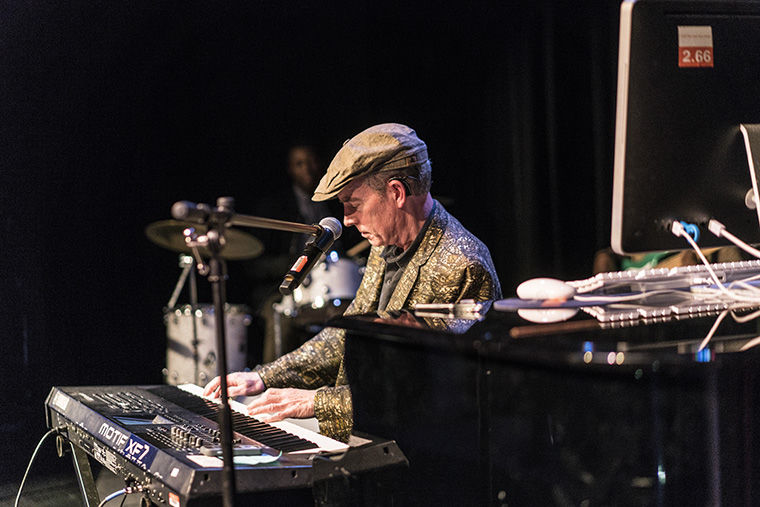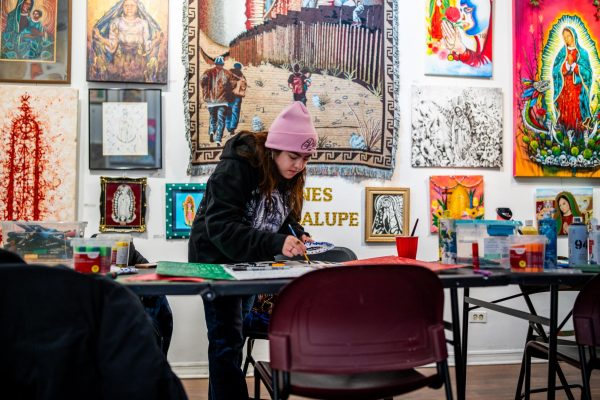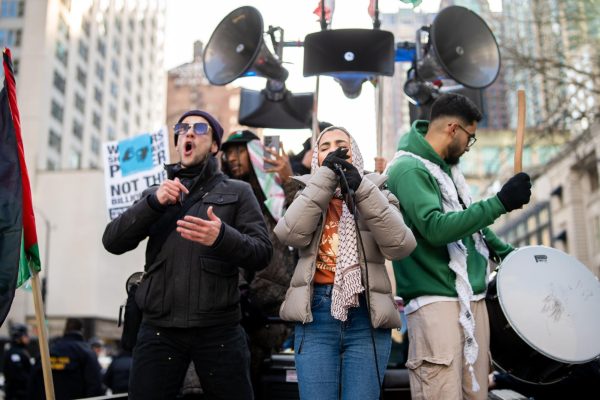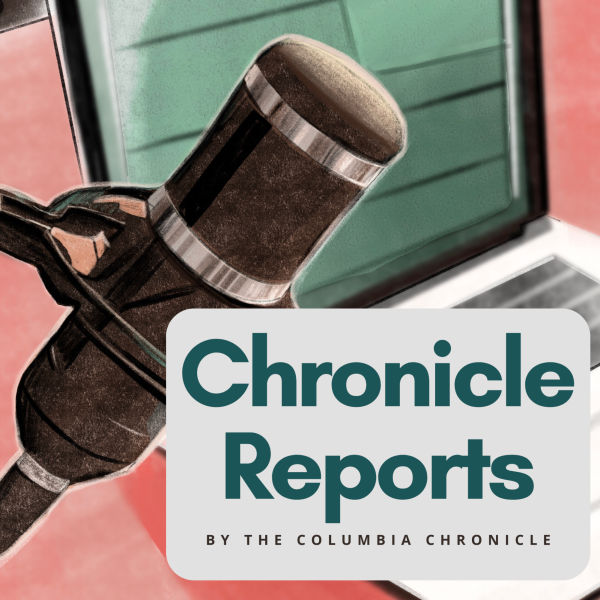Musician shares about learning music after cochlear implant
February 6, 2017

Keyboard player Richard Reed, who lost his hearing after an adverse reaction to antibiotics, told the story of his struggle to relearn music with a cochlear implant, Feb. 1, at the Music Center Concert Hall, 1014 S. Michigan Ave.
Richard Reed once played the keyboard and organ in established rock and blues groups, including Junior Walker and Otis Rush, before a hearing impairment from an adverse reaction to antibiotics made his work as a musician impossible for nearly ten years.
Then a cochlear implant changed his life again, eventually allowing his return to performing. His restored career brought him to Columbia on Feb. 1 to discuss his unique journey at the seminar. “Moving Towards the Music – Musicians and Hearing Loss” was held at the Music Center Concert Hall, 1014 S. Michigan Ave.
Currently, Reed speaks at venues around world about his hearing recovery process and continues to follow his passion as a musician by playing in four different bands.
For nearly a decade after losing his hearing, Reed said he wore hearing aids and painted antique furniture, unable to enjoy or create music. Though people enjoyed his work as a painter, he said he found the work unfulfilling and isolating.
In 2002, Reed decided to abandon hearing aids—which only amplify noise—and get a cochlear implant, which provides sound signals directly to the brain. When Reed asked doctors what music would sound like after he received the implant, he was told it might sound something similar to screaming seagulls.
“It is rule number one: no expectations with a cochlear implant,” is the warning Reed said he received
“A lot of people don’t have results quite as good as mine, although they are getting better as time goes on,” he added. “But on paper, it doesn’t make sense that anybody with a CI could understand or enjoy music.”
At the seminar, sponsored by the Federation for Hearing and Speech Rehabilitation and the Audio Arts & Acoustics Department, Reed also demonstrated his recovered musical talents by playing several songs with two Columbia senior music majors, Josh Griffin on the bass and Jim Boyd on the drums.
With the directive of hearing loss awareness, FHSR knew its supporters, community members and parents with children who have disabled hearing would relate to Reed’s story according to Kristen Van Dyke, FHSR’s executive director.
“We really wanted to get behind this concept of showcasing a man who has an implant, who is a musician and is successful in what he does,” Van Dyke said.
Benj Kanters, associate chair of the Audio Arts & Acoustics Department and board member of the FHSR, said he was particularly excited about the seminar because Reed’s experience as a musician allowed him to describe his hearing loss and recovery process better than someone who was not attuned to describing sound.
“I’m going to go out on a limb and say no one has ever presented anything like this before,” Kanters said. “Where somebody who can really tell you what it’s like, can tell you what it’s like.”
Reed said in the past, the parents of children with hearing loss would come to him after his presentations and tell him they were encouraged to learn their children may be able enjoy music someday.
“I’m trying to avoid the word ‘inspiration,’ but they can see that if one person can do it—and I’m not a musical genius by any stretch—other people can do it too,” Reed said.







